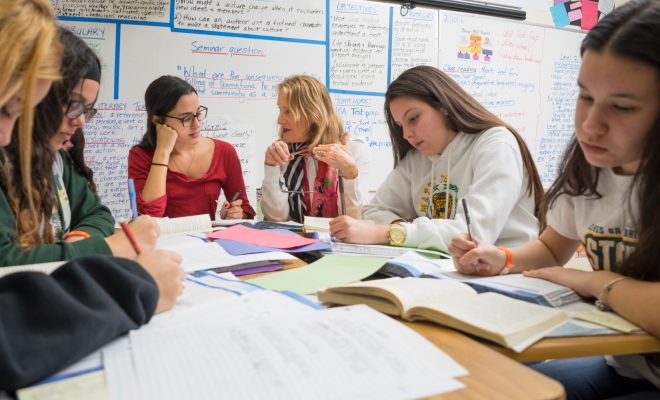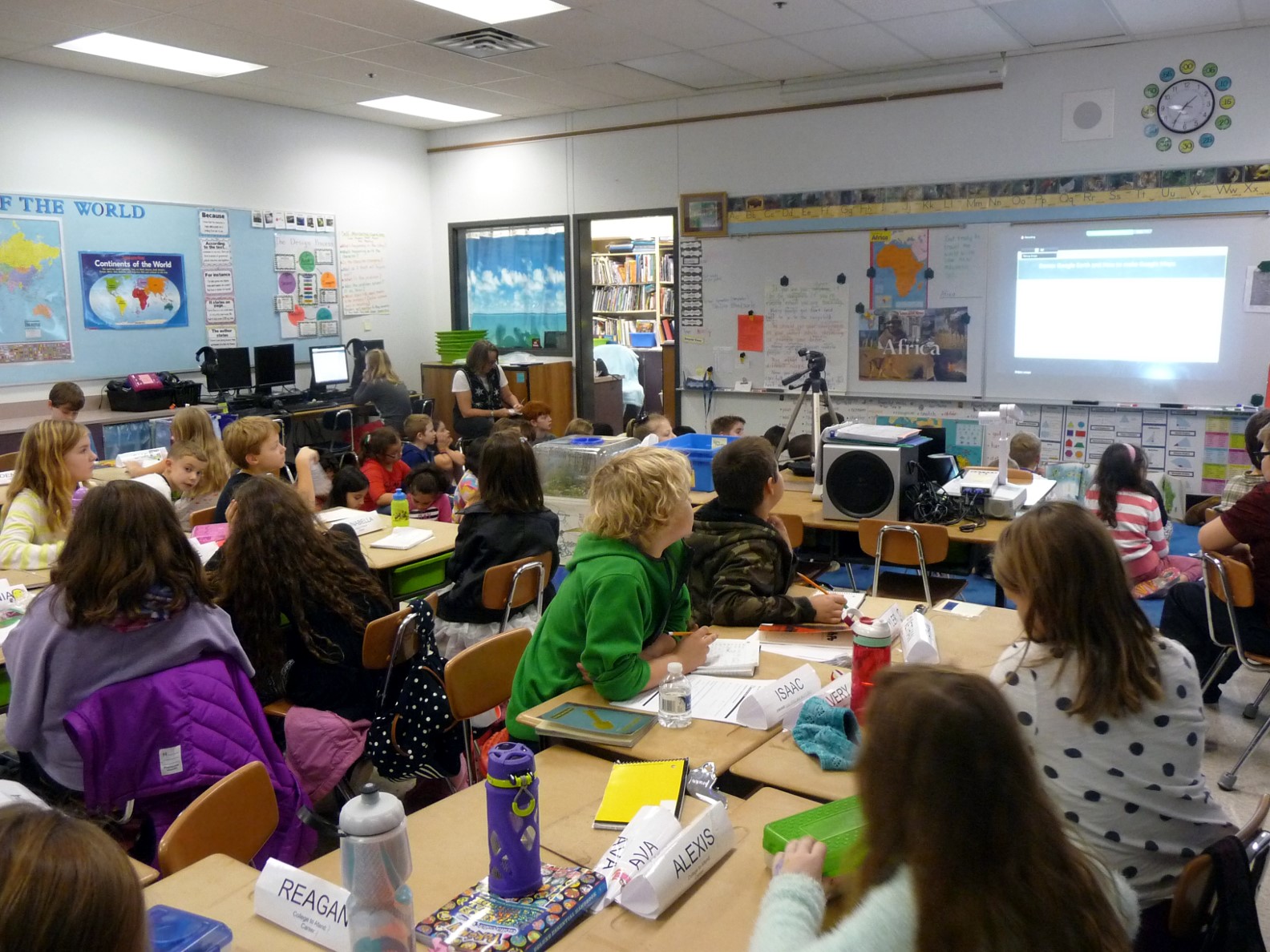Science Intervention: Strategies to Help Students Catch Up

Many students struggle in STEM-related subjects: science, technology, engineering, and math. Struggling in science can be disheartening for students, their parents, and their teachers. As students increase in grade level, the emphasis placed on science in the public-school system increases, leaving many students feeling as though they will never catch up. Here, we provide some science intervention strategies to help students reach grade-level standards and accomplish their goals.
Strategies to help students catch up in science:
Differentiation
Differentiated instruction allows teachers to cater to the individual learning needs of each child. This is particularly helpful in the science classroom. As an example, a teacher could provide an inquiry-based activity for those students that grasp the concept, while at the same time provide individualized instruction to struggling students. This method allows for the fast-learning students to deepen their content knowledge while simultaneously allowing the struggling students to receive the help they need.
Scaffolding
Scaffolding instruction is imperative for teachers with struggling students. Before moving onto the next lesson, take a few minutes each day to review the lessons of the past few days. Humans need to interact with content an average of three times before the content is committed to memory.
Mnemonics
Students will find this memorization technique helpful. These special phrases allow them to more easily remember information. For instance, The Dog Deserves To Get Treats can be used to remember the types of biomes: Tundra, Desert, Deciduous Forest, Taiga, Grassland, and Tropical Rain Forest.
Keep in mind different learning styles
The three main types of learning styles are visual, auditory, and kinesthetic/hands-on. Make sure you are diversifying instruction for students with all types of learning styles. Students with a visual learning style will benefit from graphic organizers, while students with a kinesthetic/hands-on learning style will prefer activities such as Total Physical Response.
Multisensory instruction
Multisensory instruction links together what students see, hear, do, and feel. Combining these senses during instruction can help students recall information. The Total Physical Response activity falls into this category, as it combines student motions with verbal vocabulary.
Use technology to increase engagement
Students are more excited and motivated to learn when they have control over the learning process. Technology in the classroom allows them to do just that. For example, many online programs have virtual laboratories in which students can investigate science principles and manipulate different aspects of the experiment, providing a way for students to investigate the concept for themselves.
Teach perseverance
The most successful students are those who never give up, no matter how difficult the task at hand may be. Perseverance is a lifelong skill, but it can sometimes be lacking in students who are struggling because these students may become easily discouraged. The most important thing to teach your struggling students is to develop perseverance. Help your students prove to themselves that they can do anything they put their mind to as long as they keep working at it and never give up.
Provide encouragement
When struggling students become discouraged, be sure to encourage them to keep trying. It is incredibly important to make learning a positive experience for students so that they will be self-motivated learners for the rest of their lives.
Not all of these strategies may work for every student, but take the time to try out different strategies with different students and see what works with each individual. The important thing is that you never give up on any student! No student is too far behind to be helped.



